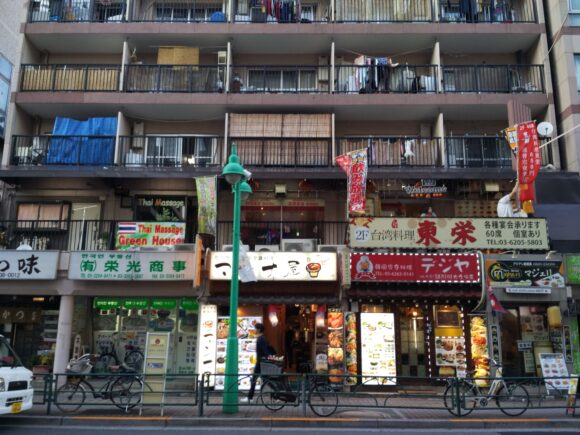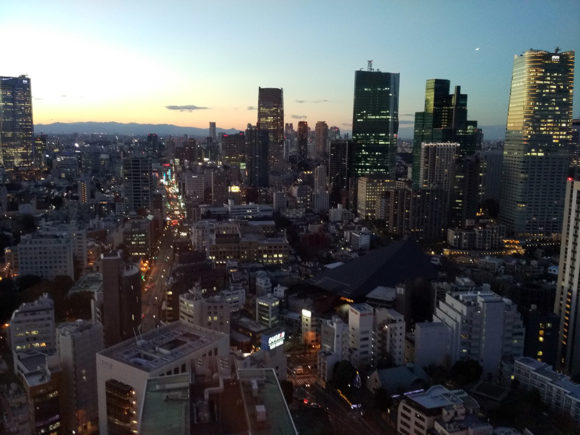
Tokyo is Asia’s first megacity: its urban agglomeration topped the symbolic ten million inhabitants marker sometime after World War II. While it had been one of the world’s largest cities for centuries, arguably its most relevant growth spurt took place between 1950 and 1970. It was during this period that the already enormous urban agglomeration doubled in population. I call this phase of the city history the “Tokyo moment” (i.e., twenty years of rapid population growth to an already large urban area).
Read the whole article on The Metropole, the Urban History Association’s official blog.





 Economic history has a long shelf-life when it comes to the data, but needs to be read in a changing context. Besides taking stock of my research, I want to interrogate myself what impact COVID-19 may have on a future monologue.
Economic history has a long shelf-life when it comes to the data, but needs to be read in a changing context. Besides taking stock of my research, I want to interrogate myself what impact COVID-19 may have on a future monologue.
